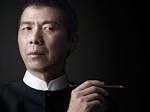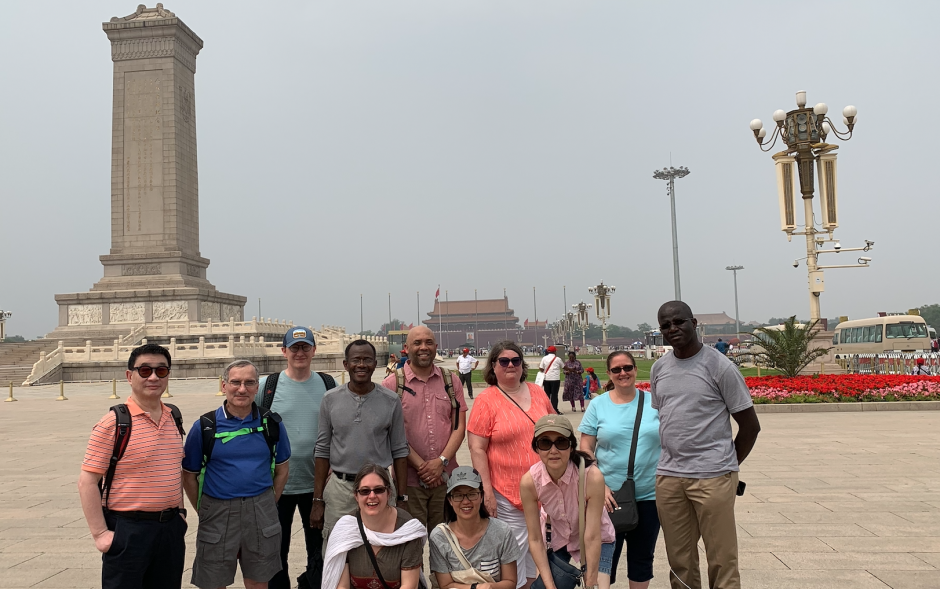 The son of a college professor and a factory nurse, he began his cinema work as an art design in Beijing Television Art Center in 1985. Later, he moved on to write screenplays. During this period, he worked closely with director Zheng Xiaolong and writer Wang Shuo. He probably achieved his full fame as the director of the movie Dream Factory (1997). The Movie was a great success in China and established a genre called “Hesui Pian” (贺岁片,New Year Films) in Chinese cinema.Among China’s three most powerful directors, Feng Xiaogang is perhaps theonly grassroots hero. People often refer to Zhang Yimou and Chen Kaige as masters, but when talking about Feng, they smile as if he is a sweetneighbor who always invites you to share his dumplings.Strangers will approach Feng and tell him which of his films is their favorite. Such interest in his work shows that while he isn’t the most internationally acclaimed Chinese director, he is one of the most popular with Chinese audiences.
The son of a college professor and a factory nurse, he began his cinema work as an art design in Beijing Television Art Center in 1985. Later, he moved on to write screenplays. During this period, he worked closely with director Zheng Xiaolong and writer Wang Shuo. He probably achieved his full fame as the director of the movie Dream Factory (1997). The Movie was a great success in China and established a genre called “Hesui Pian” (贺岁片,New Year Films) in Chinese cinema.Among China’s three most powerful directors, Feng Xiaogang is perhaps theonly grassroots hero. People often refer to Zhang Yimou and Chen Kaige as masters, but when talking about Feng, they smile as if he is a sweetneighbor who always invites you to share his dumplings.Strangers will approach Feng and tell him which of his films is their favorite. Such interest in his work shows that while he isn’t the most internationally acclaimed Chinese director, he is one of the most popular with Chinese audiences.
Filmography
夜宴 (2006)
… aka The Banquet (International: English title)
天下无贼 (2004)
… aka A World Without Thieves (International: English title)
手机 (2003)
… aka Cell Phone (International: English title)
大腕 (2001)
… aka Big Shot’s Funeral
… aka Dai yuen (Hong Kong: Cantonese title)
… aka Happy Funeral
… aka The Funeral of the Famous Star
一声叹息 (2000)
… aka A Sigh (International: English title)
… aka A Sign (USA)
没完没了 (1999)
… aka Sorry Baby (International: English title)
不见不散 (1998)
… aka Be There or Be Square (Europe: English title)
甲方乙方 (1997)
… aka The Dream Factory (International: English title)
一地鸡毛 (1995) TV Series
天生胆小 (1994)
… aka Born Coward (International: English title)
永失我爱 (1994)
… aka Gone Forever with My Love (Hong Kong: English title)
大撒把 (1993)
… aka After Separation
… aka Bei Jing chi nan yuan nu
遭遇激情 (1991) (screenplay)
… aka Unexpected Passion (International: English title)
